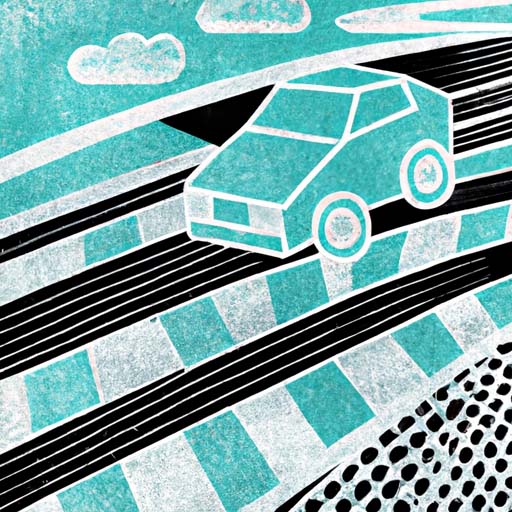TLDR:
- EV sales in the UK have stalled, prompting automakers to call for tax cuts to stimulate demand.
- The Society of Motor Manufacturers and Traders (SMMT) is urging the government to halve the VAT (value-added tax) on EVs from 20% to 10% for a limited period.
Key points:
- In 2023, EVs accounted for one in six cars sold in the UK, but market share has not increased since 2022.
- Automakers need to meet the government’s requirement that 22% of their sales in 2024 be zero-emission vehicles.
- The SMMT believes that cutting the VAT on EVs could reduce the final sale price by £5-10k ($6-13k).
- The UK government’s decision to end EV grants and delay the ICE ban to 2035 has impacted sales.
- Consumers’ disposable income has also been affected by rising interest rates and increased mortgage payments.
- The SMMT believes that the government’s policies have sent mixed messages to customers and pose a challenge for automakers.
Electric vehicle (EV) sales in the UK have slowed, leading automakers to call for tax cuts to revive demand. The Society of Motor Manufacturers and Traders (SMMT) is urging the government to reduce the VAT applied to EVs from 20% to 10% for a limited period. While EVs accounted for one in six cars sold in the UK in 2023, market share has not increased since 2022. Automakers now face the challenge of meeting the government’s requirement to have zero-emission vehicles make up 22% of their sales in 2024. The SMMT believes that cutting the VAT on EVs could lower the final sale price by £5-10k ($6-13k).
The UK government’s decision to terminate EV grants and delay the ban on internal combustion engine vehicles to 2035 has impacted sales. The lack of subsidies puts the UK as the only major European country without such incentives. Additionally, rising interest rates and increased mortgage payments have affected consumers’ disposable income. The SMMT CEO, Mike Hawes, suggests that these factors have sent mixed messages to customers and challenge automakers to sell a significant number of EVs. The tax cuts proposed by the SMMT aim to stimulate demand and help automakers meet their sales quotas for zero-emission vehicles.
